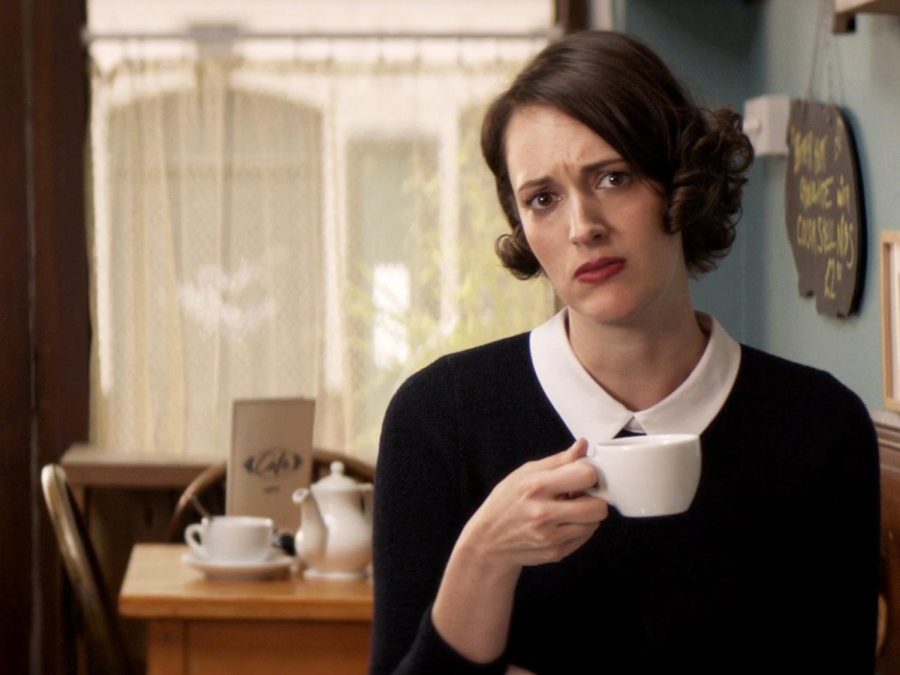Morally Gray Female Characters: The Importance of Flaws
A new direction for multi-dimensional female characters.
In my favorite teen movies from the 2000’s, girls were always stereotyped. The unsuspecting brunette with glasses. The blonde cheerleading dope. The quirky best friend who was better than the main character. And so on and so forth. These stereotypes were dependable and comforting—but they were also restricting. Female characters in these kinds of movies and TV shows were so black and white. They were right or wrong—good or bad. There was no in-between.
But well into 2022, a new trend is becoming the new norm: morally gray female characters. Women with bad intentions, but a good heart. Women who have done bad things. Women who have self-hatred that is portrayed as real, not patronizing. These characters make real human beings out of women.
In my personal opinion, the best morally gray character is Fleabag, from Phoebe Waller-Bridge’s Fleabag. Fleabag is the story of a woman with a load of self-hatred trying to navigate her complicated relationship with love. I won’t spoil the show, but Fleabag has done some horrible things, and she is rejected again and again. Yet, she is never described as a good or bad person; instead, she is human. The best quote from the series is said by Fleabag’s dad to her: “I think you know how to love better than any of us. That’s why you find it all so difficult.” She loves deeply, uncontrollably, hideously, and undeservingly but always with a full heart. She is a woman with sometimes ugly, buried, intentions, and yet, she never gives up on anyone, and as a viewer, you never want to give up on her.

Other morally gray female characters include Anna Karenina from Tolstoy’s Anna Karenina, Summer from 500 Days of Summer, Emma from Jane Austen’s Emma, Rue from Euphoria, and many more. The importance of these women in media is undeniable. These characters make women outside of the media human. Because we are such a fickle society, we believe in what we see on the internet. If we only see women as morally black or white, a woman that is a bit of both is scandalous and dehumanized. Not all of the characters listed above have done lawfully bad things, but they have done things to hurt other people or themselves. Still, they add a dimension to women. They add the dark side or the bright side to a stereotype. They display real feelings in real time, about their actions or reactions.
Characters that reflect humanity are what we as a society need. We follow by example, and if we see our favorite characters, regardless of any classification, regarded with respect and humility, regardless of what they have done, I believe we will do the same. We will begin to have the empathy we need to better ourselves and the world around us.


